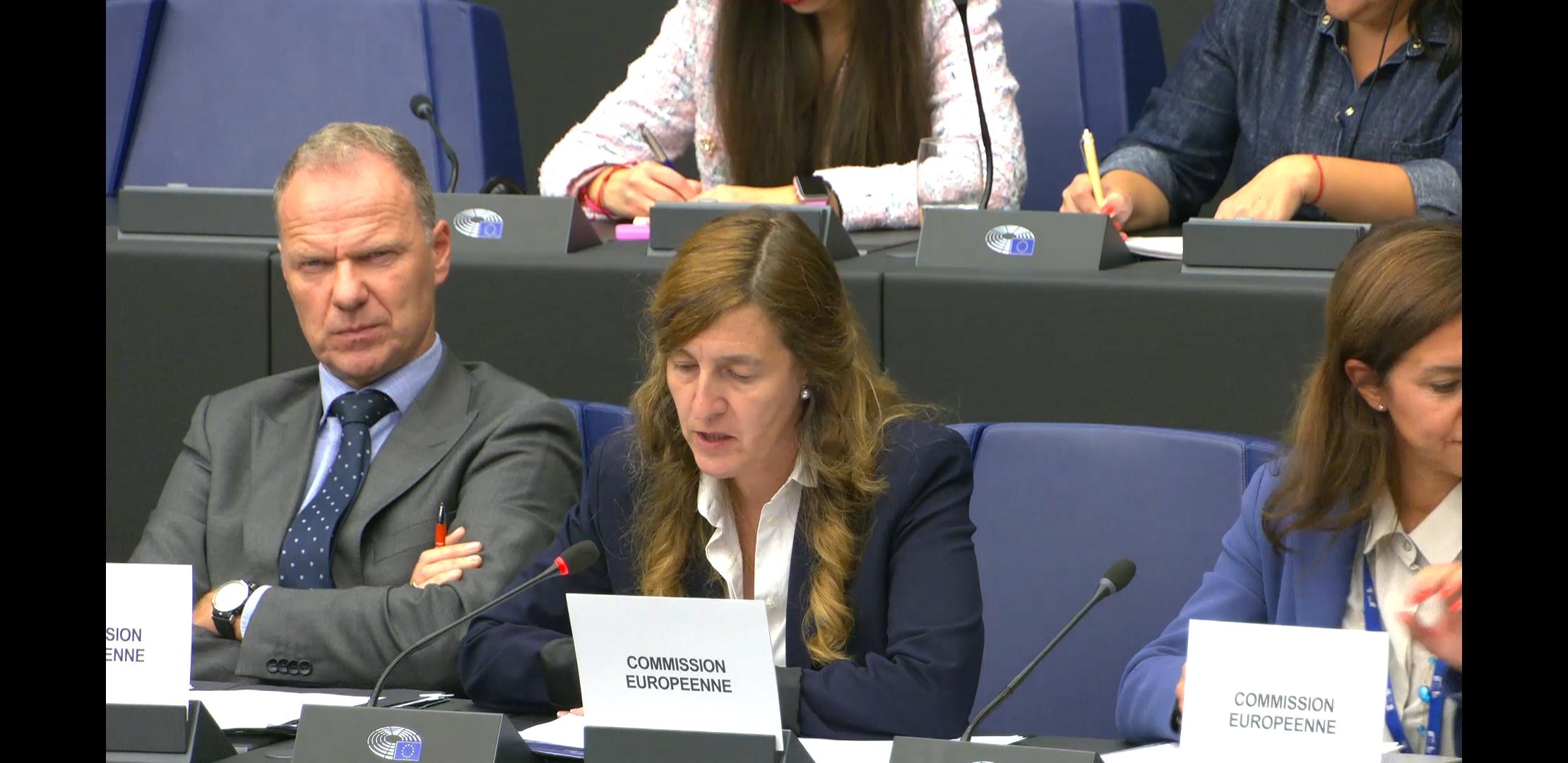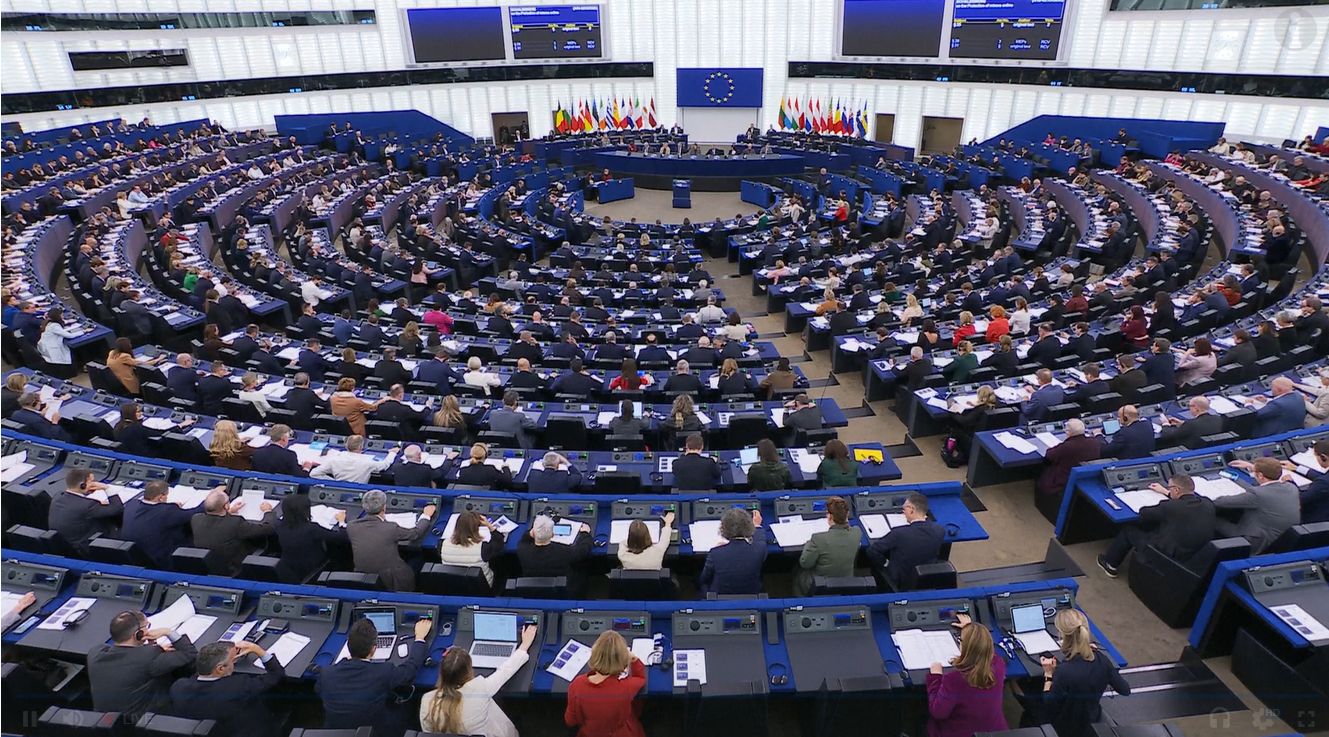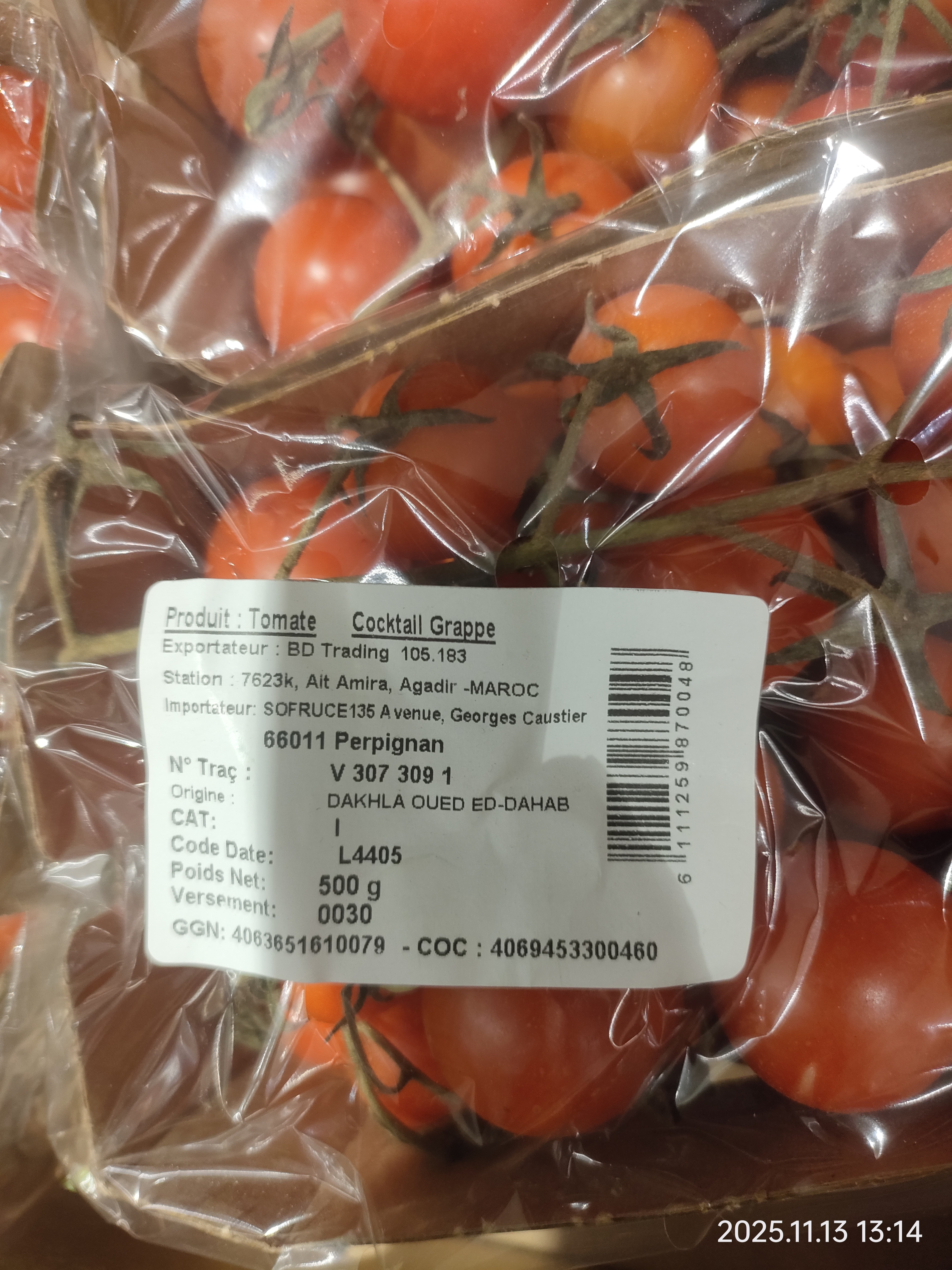
In a hearing at the European Parliament earlier this week, lawmakers expressed outrage at how the Commission sidestepped them to push through a new agreement covering occupied Western Sahara, in violation of EU Court rulings.
Eleven months after the EU Court of Justice (CJEU) again annulled the EU-Morocco trade deal for including occupied Western Sahara without Saharawi consent, the European Commission and Morocco suddenly unveiled a new agreement that they claim “fixes” the legal issues - an approach they'll now apply to a new fisheries agreement.
On 6 October, the Commission presented the new deal to the European Parliament’s International Trade committee (INTA) - only after it had already entered into provisional application, bypassing Parliament’s right of scrutiny and consent. The move triggered this extraordinary hearing, where MEPs voiced frustration and criticism.
While MEPs from the S&D, Greens/EFA, The Left, and Renew groups sharply criticised the Commission, right-wing members from the ECR and PfE groups defended Morocco’s role and framed the debate as a matter of “strategic partnership.” Still, across the political spectrum there was clear unease about how the Commission handled the process and the lack of transparency surrounding it.
Provisional application sparks outrage
Across political groups, MEPs condemned the Commission for pushing the agreement through provisional application, which took effect on 3 October, before even officially transmitting the proposals to the Parliament for consent.
Committee Chair Bernd Lange (S&D, Germany) called the procedure “totally unacceptable” and warned it could undermine Parliament’s trust in the Commission.” He dismissed the Commission’s claims that it faced a “tight deadline” before the 4 October 2025 expiry of the transition period granted by the Court.
“The reasons you explained are not valid,” Lange said, noting that Parliament gave its consent to the post-Brexit UK deal “in two days.” “Time pressure is no excuse for ignoring Parliament.”
The “urgency” argument also fails on precedent. After the CJEU struck down the previous EU-Morocco agreement in December 2016, Western Sahara products entered the EU without preferential tariffs for two years and seven months until the new deal took effect in July 2019.
A five-day negotiation – after a year of silence
Several MEPs questioned how such a complex agreement could be negotiated so fast. The Parliament’s Standing Rapporteur for the Maghreb, Lynn Boylan (The Left, Ireland) reminded the Commission that INTA had already requested a briefing back in March 2025, which was refused on grounds that the Commission “did not have information to share on the next steps concerning the Western Sahara file”.
Negotiations with Morocco reportedly lasted just five days (10-15 September), raising doubts that talks may have begun before the Commission even had a Council mandate.
“You needed a year, a full year, except for a few weeks, to make a full analysis of the judgement, and then come up in a few weeks' time with a mandate, and a conclusion, and an agreement with the Moroccan authorities. Where was the time to involve the European Parliament? And where was the time to do what you needed to do to get the consent of the Saharawi people?”, asked Kathleen Van Brempt (S&D, Belgium).
Labelling trick: hiding Western Sahara behind Moroccan regions
Under the new arrangement, products from Western Sahara will receive the same tariff preferences as Moroccan goods, and be identified by “region of production”. Commission official Maria Isabel García Catalán stated that a reference to “two regions, Dakhla and Laayoune” will be on all “proofs of origin, certificates of origin, invoice declaration and in the labelling”, thus confirming that certificates and labels will use only Moroccan-imposed administrative regional names - Laayoune-Sakia el Hamra and Dakhla-Oued Eddahab - without any reference to “Western Sahara”.
MEPs warned that this approach contradicts the Court’s finding that the territory is “separate and distinct” from Morocco, and misleads EU consumers.
“Will it say Western Sahara? Yes or no?” asked Vicent Marzà Ibáñez (Greens/EFA, Spain). “Consumers deserve to know where the products they buy come from.”
The hearing did not touch upon the practical inconsistencies of this system. The Moroccan administrative region “Laayoune-Sakia el Hamra” extends partly into Morocco proper, while other parts of occupied Western Sahara are administratively grouped under the region Guelmim-Oued Noun - areas that, by the Commission’s logic, would be treated as Moroccan territory.
Presumed consent and the questionable “benefits” logic
Several MEPs condemned the Commission for once again excluding the Saharawi people, whose consent the Court of Justice has repeatedly deemed essential.
Florian Ermacora, DG MENA, stated that consent could be “presumed” because the deal would bring “benefits” to the Saharawis. He added that the conditions set by the Court for a presumed consent are met through a declaration in which “the European Union is committing support to the region meant the Western Sahara region, through the financing of projects in key sectors, such as water, energy and others.” Ermacora went on to say that, as part of the declaration, the EU also commits “to continue the humanitarian support to those Saharawis who are still at the Tindouf camps” and “to support adequate programmes in sectors such as education skills and culture aimed at the people of Western Sahara who are neither in Western Sahara nor in Tindouf.”
Ermacora added that the Commission has “a very clear concept” to monitor how benefits reach the Saharawis but failed to explain how this would work beyond vague references to “quantifying resources” through a “regular control mechanism”.
Questions as to whether the Commission has even sought the Saharawi people’s consent, if the Saharawi people had been invited to the negotiation process or even to take part in the “regular control mechanism”, went unanswered.
Saskia Bricmont (Greens/EFA, Belgium) raised an important question in that context: “how can you ensure that EU investments do not benefit colonising companies, because that might be the case?”, she asked. The question was ignored.
Yet this is precisely what the deal risks doing: channelling EU funds into infrastructure and renewable energy projects that Morocco has long sought EU support for – all under the guise of “benefitting the Saharawis”.
Under the new framework, EU money will finance energy, desalination, and irrigation projects in Western Sahara – sectors under the tight control of the Moroccan government and even monarchy. What MEPs - including those who defend EU farmers’ rights - have seemingly not yet picked up on, is how these projects may deepen competition with EU farmers already struggling under market pressure. Morocco is currently investing heavily in wind-powered desalination to boost its agro-industry, including in occupied Western Sahara. In recent months, two gigantic desalination plants have been announced for Morocco proper, to be powered by renewable energy plants in occupied Western Sahara. A similar project is close to becoming operational in Dakhla, occupied Western Sahara, which will expand agricultural land sixfold for export production to the EU.
The CJEU annulled the previous agreement in October 2024, reaffirming that Western Sahara is “separate and distinct” from Morocco and that the Saharawi people’s free and genuine consent is indispensable. The Court allowed only limited “presumed consent” when an agreement imposes no obligations and delivers a “specific, tangible, substantial and verifiable benefit” proportional to the degree of exploitation to the Saharawi people - not merely to the population living in the part of the territory that is occupied by Morocco. A timeline of the past decade of EU court cases is available here.
“Far from addressing the Court’s objections, the Commission’s proposal seems to ignore the very foundations of the CJEU’s reasoning,” says Sara Eyckmans of Western Sahara Resource Watch. “By treating Western Sahara as an extension of Morocco and adopting Moroccan administrative divisions, it disregards the Court’s clear finding that the territory is separate and distinct from Morocco. Presumed consent also does not excuse completely bypassing the Saharawi people's right to self-determination, nor justify their exclusion from decisions that directly concern their land and resources. In doing so, the Commission not only repeats the legal errors condemned in successive rulings but also undermines the EU’s credibility as a defender of international law.”
A full transcript, made by WSRW, of the exchange of views with the EU Commission on new EU-Morocco Trade Agreement covering imports from Western Sahara, in the INTA committee of 6 October 2025, is available here.
Since you're here....
WSRW’s work is being read and used more than ever. We work totally independently and to a large extent voluntarily. Our work takes time, dedication and diligence. But we do it because we believe it matters – and we hope you do too. We look for more monthly donors to support our work. If you'd like to contribute to our work – 3€, 5€, 8€ monthly… what you can spare – the future of WSRW would be much more secure. You can set up a monthly donation to WSRW quickly here.
These are the MEPs who voted for ignoring the CJEU
187 Parliamentarians voted to ignore the ruling of the CJEU, the interests of EU farmers, the rights of the EU consumers and the aspirations of the Saharawi people. Here they are.
Parliament nearly blocks Morocco’s labelling grab
EU lawmakers today had a golden opportunity to stand up for European consumers. Backed by a solid majority, the Parliament came close to overturning the Commission.
Farmers block Azura warehouse in France and launch legal action
Growing pressure on EU–Morocco trade deal as French farmers today launch legal steps and storm Azura’s entry point for Western Sahara produce in Perpignan.
EU’s labelling chaos already hitting supermarkets
A packet of cherry tomatoes sold this week in a French supermarket illustrates the confusion triggered by the European Commission’s rushed attempt to adapt EU consumer and trade rules to Morocco’s claims over occupied Western Sahara.



